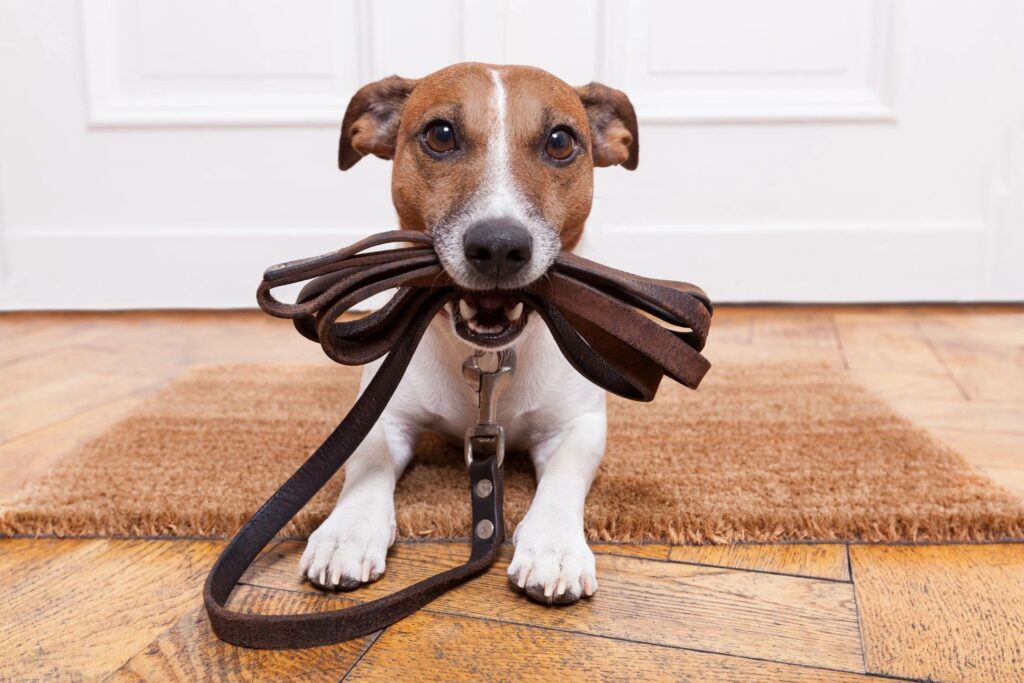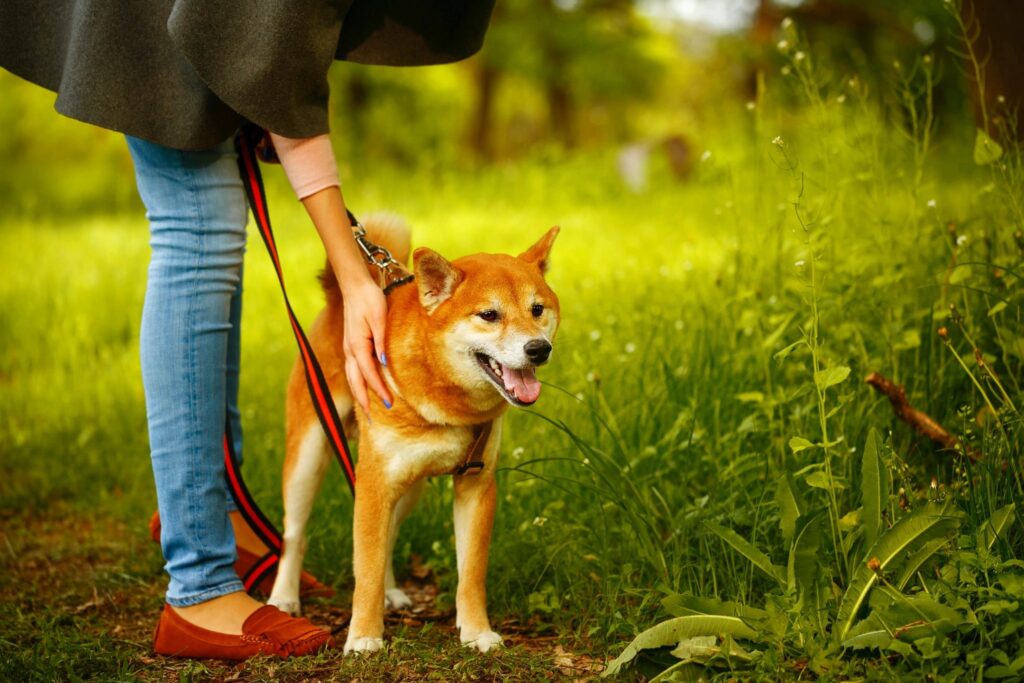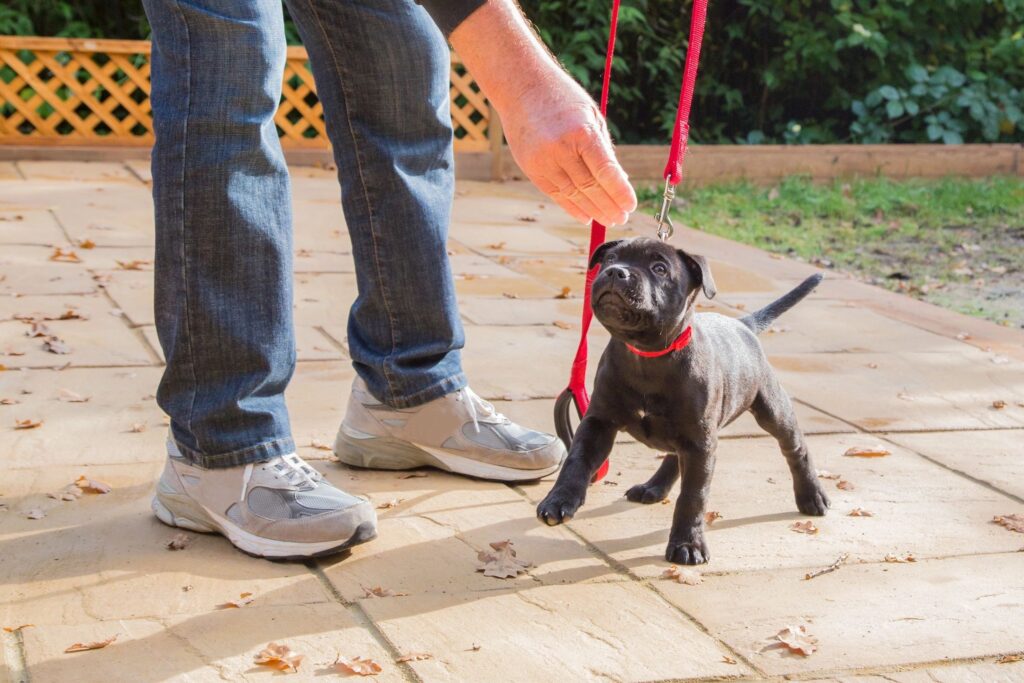Pets in Lake Terrapin
Pets are an important part of our lives and a large number of Lake Terrapin residents have pets and enjoy walking with them in the neighborhood.
This webpage provides an overview of the Prince William County Laws that pet owners must follow and also explains the responsibilities pet owners have regarding the positive control, appropriate conduct of their pets, and the responsibilities of cleaning up after their pets.



Prince William County Animal Related Laws
Click here for a link to the Prince William County Animal Services Website.
The Lake Terrapin HOA is not responsible for enforcement or receiving of complaints about any County Ordinances or State Laws related to pet ownership.
All questions, complaints, and violations should be reported directly to Prince William County Animal Control at (703) 792-6465 or [email protected] or to the Prince William County Police.
Prince William County and Virginia State animal laws describe the requirements for ownership, care of, and offenses involving animals. Both county and state animal laws are easily accessible online. Prince William County, Code of Ordinances, Chapter 4 contains the animal-related laws of the county. Virginia State Code, Title 3.2, Subtitle V, Chapter 65 “Comprehensive Animal Care” contains animal-related laws of the state. The Animal Services Bureau encourages the public to refer to PWC Animal Code in an effort to self-educate on common issues regarding animals.
Common Issues
Some of the most common issues encountered by Animal Control Officers are:
- Urinating or defecating on the property of others or public property – It is unlawful for the owner of a dog to allow it to urinate or defecate on the private property or on publicly owned property. Please refer to PWC Code Sec. 4-11.
- Dog running at large – It is unlawful for a dog owner/custodian to allow their dog to run at large within the county. “At large” means that the dog is off the property of its owner/custodian and not attached to that person by a leash. Please refer to PWC Code Sec. 4-23.
- No rabies vaccination – It is unlawful for any person to own, keep or hold or harbor any dog or domesticated cat over the age of four months that do not have a current rabies vaccination administered by a veterinarian. Please refer to PWC Code Sec. 4-62.
- No dog license – It is unlawful for any person to own a dog four months old or over in the county unless the dog is licensed in Prince William County. Please refer to PWC Code Sec. 4-40.
- Trespass by animal – It is unlawful for the owner/custodian of an animal to allow the animal to trespass on the property of another after being asked by the owner/tenant of the property not to allow the animal to trespass. Please refer to PWC Code Sec. 4-4.
- Cruelty to animals – It is unlawful to torture, ill-treat, abandon, willfully inflict inhumane injury or pain; deprive of food, water, or shelter or emergency veterinary treatment; willfully instigate or engage in any act of cruelty to any animal; leave any animal in or upon a vehicle so as to produce torture or unnecessary suffering. Please refer to VA State Code § 3.2-6570.
- Dangerous dog – A dangerous dog is a canine or canine crossbreed that has bitten, attacked, or inflicted serious bodily injury on a person and/or a companion animal. The serious bodily injury must be determined by a medical doctor or licensed veterinarian. Serious bodily injury refers to a bodily injury which involves substantial risk of death, protracted and obvious disfigurement, or protracted loss or impairment of function. Please refer to VA State Code § 3.2-6540.’
- Wild, Exotic, or Vicious Animals – No person shall keep or permit to be kept any wild, exotic or vicious animal as a pet. Please refer to PWC Code Sec. 4-71.
- Noise from Animals – It shall be unlawful for any person to allow any animal or bird except farm animals in agricultural districts to create noise such that it is audible at least once a minute for ten consecutive minutes (i) inside the confines of the dwelling unit, house or apartment of another; or (ii) at 50 or more feet from the animal or bird. Please refer to PWC Code Sec. 14-5.1 and the PWC website on Dog Behavior Issues for more information.